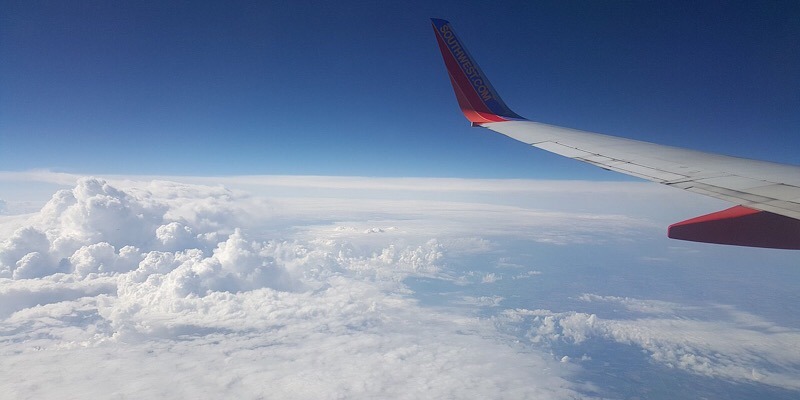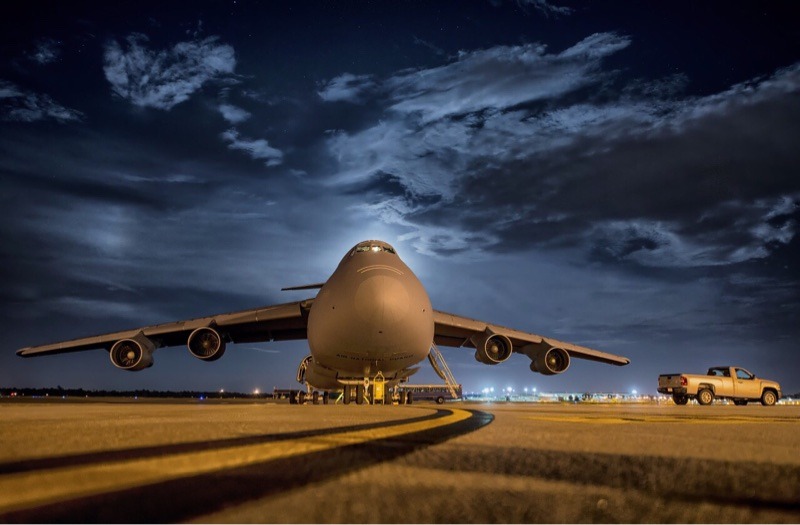
We’ve been discussing self-driving cars for a little more than a few years now. They have autonomous delivery cars, but the idea of being a passenger hasn’t reached consumers yet. This means an autonomous airplane isn’t that far-fetched, especially considering it doesn’t seem that much different than a drone.
Airbus Autonomous Airplanes
It turns out Airbus has been considering pilotless planes for a number of years. Grazia Vittadini, the company’s chief technology officer, spoke at the Digital Life and Design conference in Munich, Germany, and said they hope that artificial intelligence will make enough advances that it will become a reality soon.
“That’s what we’re looking into, artificial intelligence, to free up pilots from more mundane routines,” said Vittadini during the conference.
Currently, most commercial airlines fly their planes with two pilots. The thinking at Airbus is that they could replace one of those pilots with computer systems and later make it completely autonomous.
This would mean great savings for airlines, as it would mean they didn’t have to pay pilot salaries. It was estimated by UBS that in 2017 more than $30 billion was spent annually on pilots. With pilotless planes being operated more efficiently, it means fuel savings as well.

Along with great pilot costs, there is also a problem with a shortage of pilots. Airlines find it more and more difficult to get new pilots because of “a recent increase in the flying hours required for commercial pilots, the aging pilot workforce, fewer new pilots coming out of the military, and a general decline of interest in the career,” reported Business Insider last year.
UBS adds that “the technology to remotely control military drones already exists, and this technology could be adapted to control… small to medium-sized business jets and, eventually, commercial aviation.”
But that doesn’t mean it’s completely smooth sailing to transition to autonomous aircraft. Vittadini said in the conference that a big challenge with this is convincing regulators that this technology is ready to hit the skies.
“Explainability of artificial intelligence is a real challenge for us when it comes to the certification of products,” added Vittadini.
But perhaps the greatest difficulty that faces the idea of autonomous planes is convincing the public this is the way they should travel. 54 percent of 8,000 respondents to the USB poll said they would most likely refuse to fly on a a pilotless plane, even if it was cheaper than a traditional piloted flight. Only 17 percent said they’d be happy to fly this way.
Furthermore
It would make sense then that before passengers are expected to trust such large flying machines being in the control of artificial intelligence, that cargo planes would be the guinea pigs. Airbus is hoping the public will begin to trust the process the more and more they see pilotless planes.
Would you be eager to fly on an autonomous airplane right now, or would this be a hard sell for you? Leave your thoughts in the comments section below.







